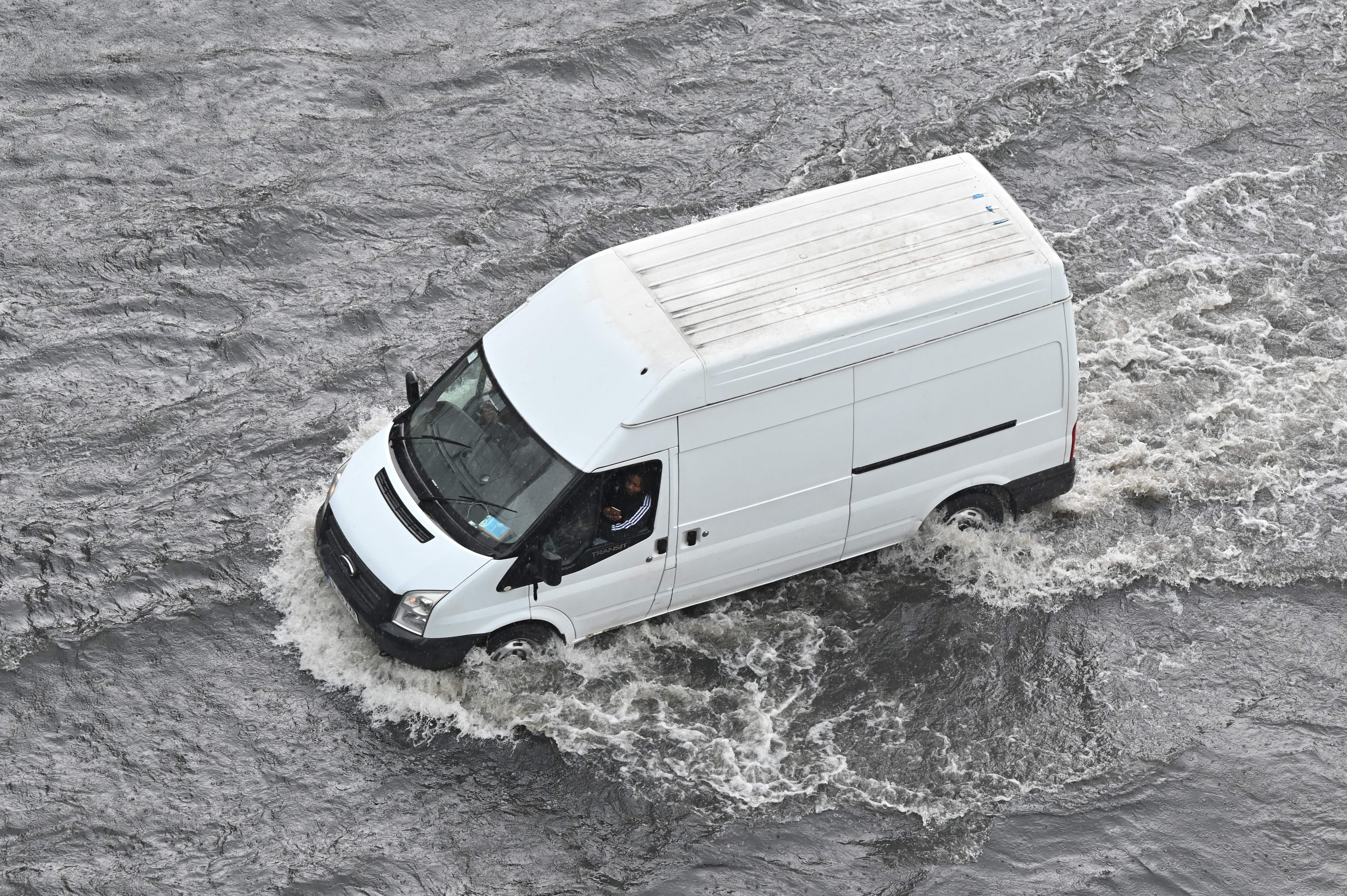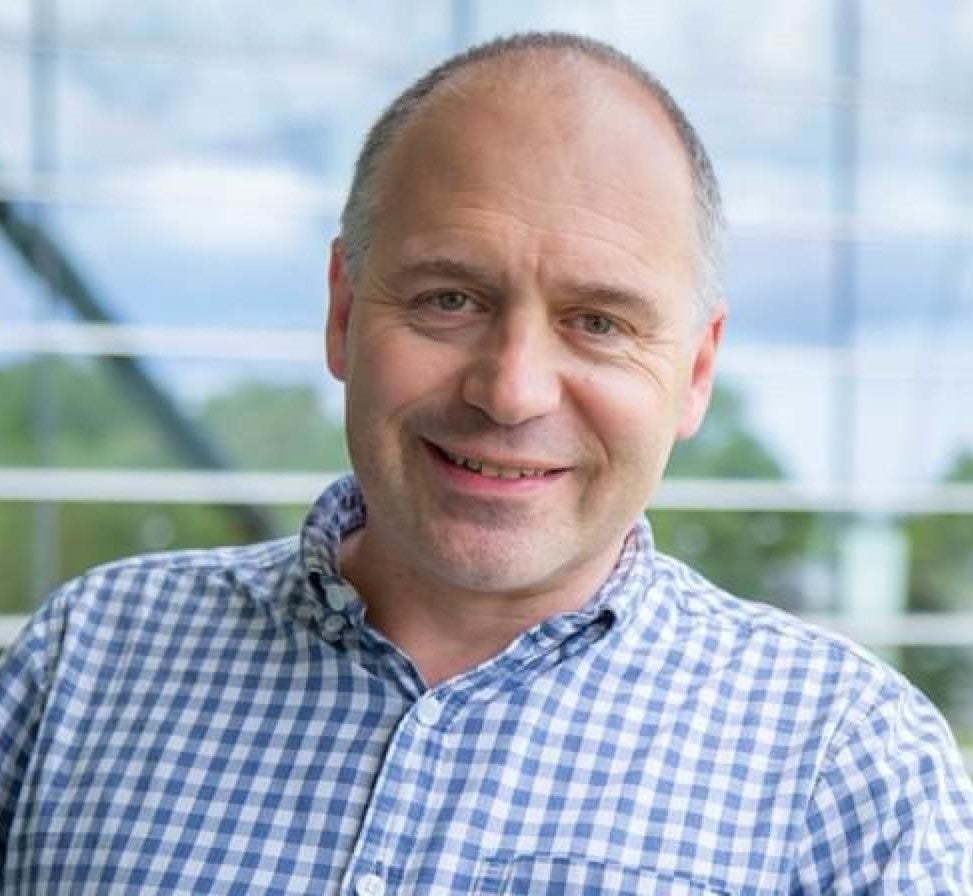How a leading UK climate scientist works overtime to inform royals and festivalgoers about state of the planet
Climate Correspondent Daisy Dunne speaks to Met Office scientist Prof Richard Betts about his efforts to keep world informed on crisis


Sets at Glastonbury, a private audience with Prince Charles, collaborations with rock bands. It may sound like the life of a celebrity, but this is actually the work of one of Britain’s most eminent climate researchers.
Prof Richard Betts, who is currently based at the Met Office and the University of Exeter, has been a climate scientist for almost 30 years. In that time, he has published more than 100 scientific papers on topics ranging from Amazon forest dieback to the decline of the world’s glaciers and rivers.
He has also played key roles in the assessments produced by the UN’s Intergovernmental Panel on Climate Change (IPCC), the world’s leading authority on climate science. In 2019, he was appointed MBE for “services to understanding climate change”.
But over the last 10 years, Prof Betts has also spent more and more of his time speaking publicly about the climate crisis.
“People have to know about it – and as many people as possible,” he says.
“Although the people in power get briefed officially on the science, politicians need a public mandate – so the public needs to be informed about it as well.”
The Independent is speaking to Prof Betts at the Beautiful Days festival in Devon, where he took to the stage of the event’s Rebel Tent and patiently answered questions from the audience on topics ranging from the behaviour of cyclists to nuclear fusion and whether or not “we are all f****d”.
He attends the music festival every year. He has also twice appeared at Glastonbury – and once teamed up with rock band Enter Shikari to help them prepare a speech on the urgency of the climate crisis at the Reading Festival.
“A lot of people at festivals are just there for the music,” he says. “So it is one way of reaching a broader audience that may not already be necessarily completely on board with or engaged in climate issues.”
In addition to speaking at festivals, Prof Betts regularly appears at public events, council meetings and on TV and radio networks. He also writes blogs on the climate crisis and sends his thoughts directly to his 30,000 Twitter followers.
In 2009, he and colleagues held a private audience with Prince Charles. “We met in person for 45 minutes, which apparently hardly ever happens – but he is personally interested in the Amazon rainforest.”
He also regularly briefs environment ministers in the UK and beyond, and earlier this year assisted colleagues with preparing a briefing for Boris Johnson.
Like many scientists, he carries out much of this engagement work in his spare time – in addition to helping out with IPCC assessments and further research and university projects. How does he fit it all in?
“I have to say by not having a very good work-life balance, quite frankly. Anyone involved in IPCC report writing works insanely long hours,” he says.
“Some people are much better than me at getting the balance right, but sometimes my enthusiasm runs away with me.”
His interest in the climate crisis stretches back to the early 1990s, when he was a physics student at the University of Bristol, he says. But it wasn’t until around 2006, when he was working on the IPCC’s fourth assessment report, that the enormity of humans’ impact on the planet first hit him.
“I was away doing some teaching in France and I read the final copy of the summary for policymakers on a train from Grenoble to Paris – and it really hit me,” he says.
“Seeing it laid out in stark bullet points, I thought: ‘Oh my god, this is actually real now and we are going entirely in the wrong direction.’
“That’s one moment I really remember.”

Prof Betts is currently gearing up for a mammoth round of public engagements at Cop26, the global climate summit taking place in Glasgow in November.
Regardless of what is achieved at the conference and the years ahead, he believes the need to engage the public on the climate crisis will only grow in the future.
“Even if we do, as we hope, succeed in limiting global warming to the goals set out in the Paris Agreement, we will need to adapt to the climate change that is already in the pipeline,” he says.
“So information on how to adapt and what kind of extreme weather events we can expect to happen will be needed more than ever.”
He adds that, although he sees communicating on the climate crisis as a vital part of his job, he doesn’t believe that all scientists should have to engage with the public.
“It’s crucial but I don’t think it’s for everybody,” he says. “But I think it’s important for those of us who enjoy it, to do it.”
Join our commenting forum
Join thought-provoking conversations, follow other Independent readers and see their replies
Comments
Bookmark popover
Removed from bookmarks